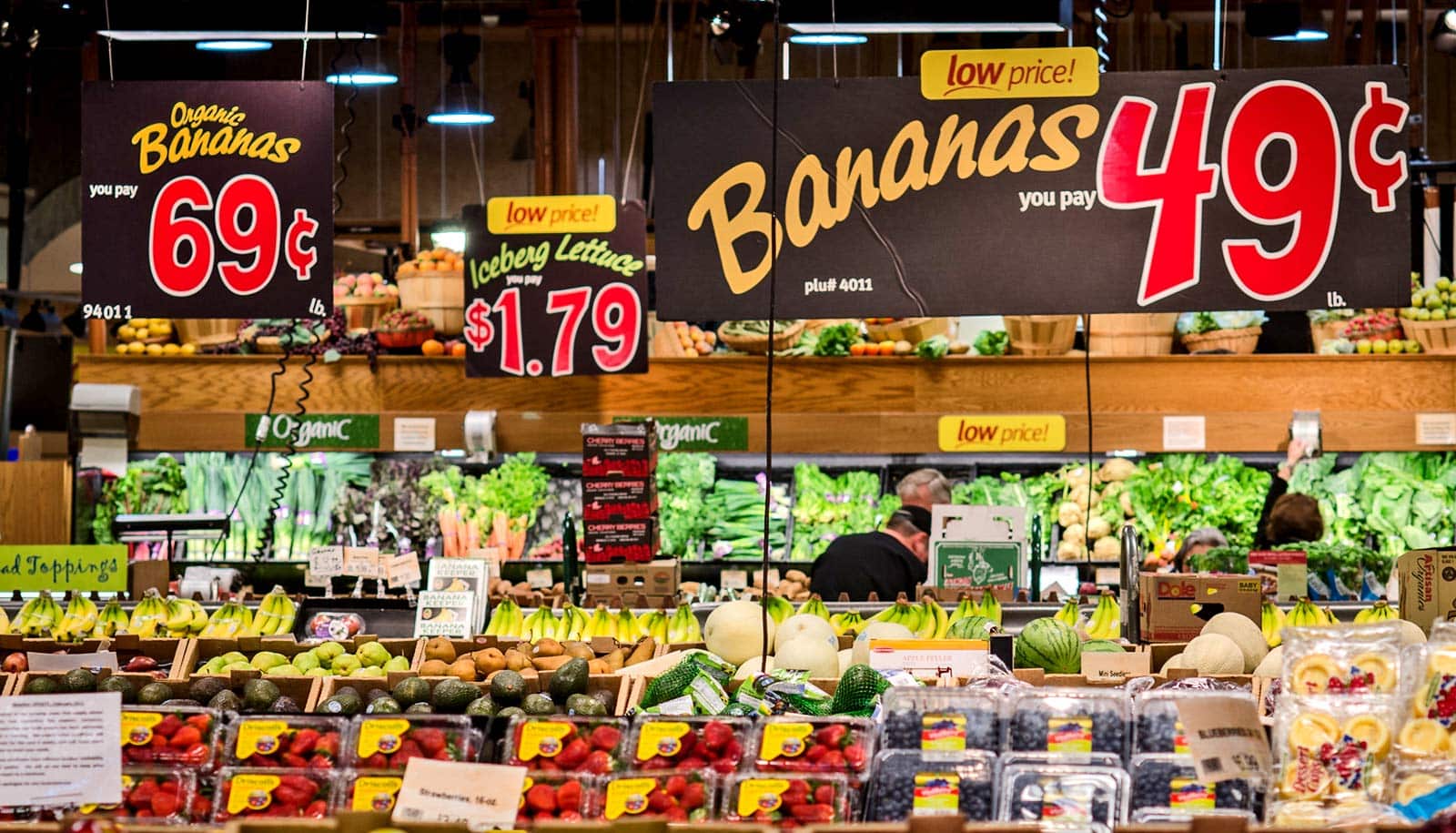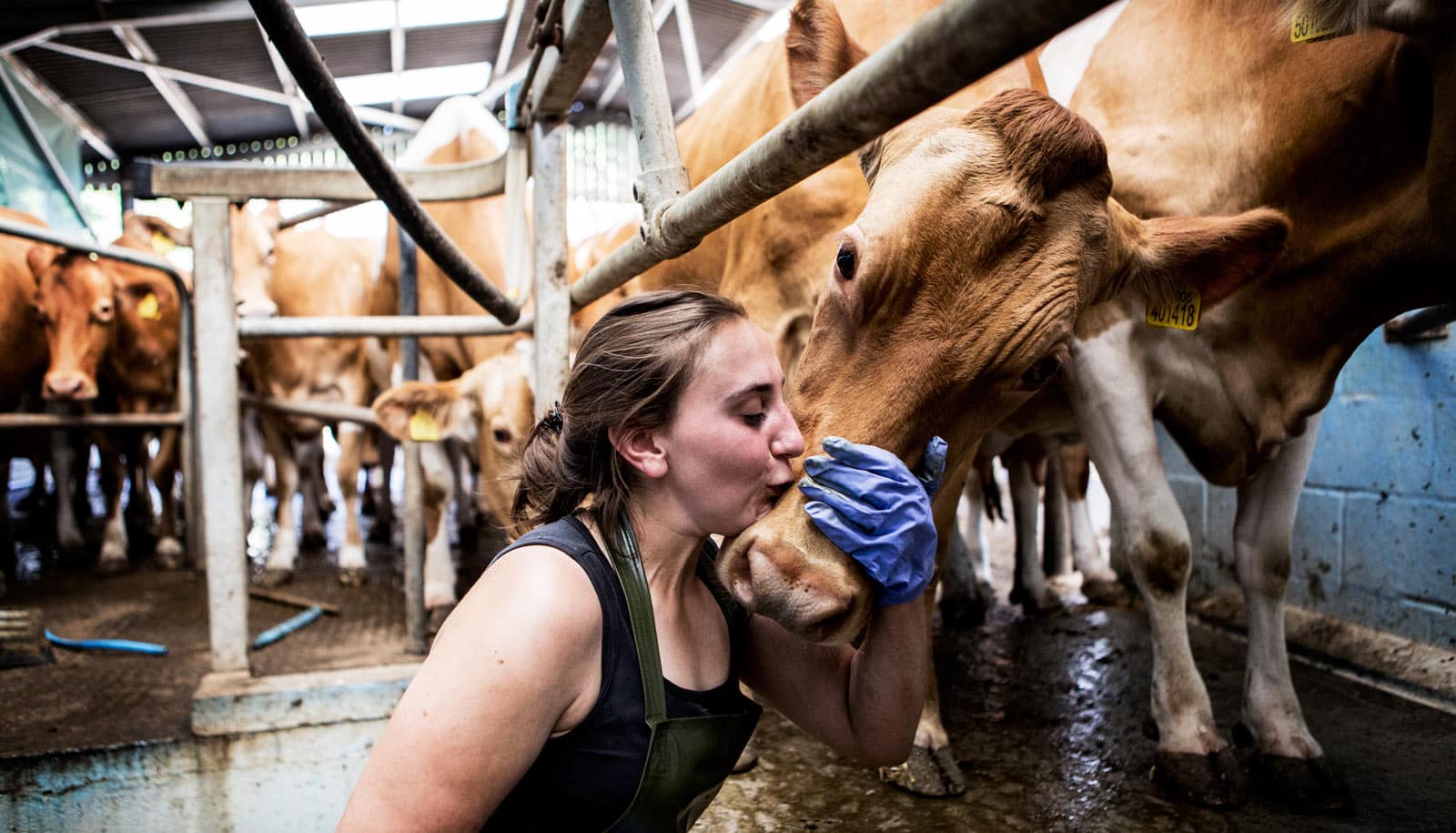Farmers are getting less of what we pay for food, research from 61 countries around the world finds.
The new study in Nature Food examines how much of what consumers pay for food goes to farmers around the world, compared to the rest of the food value chain (FVC), which includes processing, packaging, transportation, and supermarket or restaurant sales beyond the farm gate.
The researchers estimate that up to 85% of the value of a food is created after a product leaves the farm.
“We can see that the farmer’s share of the food value chain in high- and middle-income countries on average has shrunk between 16 and 38% in the years between 2005 and 2015 as countries become wealthier,” explains Eva-Marie Meemken, an assistant professor at the University of Copenhagen’s department of food and resource economics and a coauthor of the study.
“In lower-income countries, the proportion of food eaten away from home is increasing as well, while more and more processed foods are being purchased. This contributes to more packaging, processing, and transportation.”
Today, farmers receive on average 27% of the total consumer price for a food product, which means that the largest part of the share goes to processes after the farmer has let go of the product.
“Generally, as people get more money in their hands, the food chain becomes longer as consumers demand higher quality in terms of food safety, packaging, fast delivery, and access to readymade meals. Consequently, the farmers’ share of the pie naturally becomes smaller,” she explains.
Together with researchers from Cornell University and US Department of Agriculture, Meemken examined data from food value chains in 61 countries worldwide. Together, these countries account for 90% of the global economy.
The researchers did not look at the potential economic impact of farmers’ declining share in the consumer price of foods. However, they point out that a smaller proportion of the total price does not necessarily mean that farmers will suffer personal financial losses, as the overall consumer price of foods is not certain to be decreasing.
According to Meemken, the ever-growing food value chain presents both opportunities and challenges which decision-makers ought to take into account.
“As the chain lengthens, more jobs are created. This is particularly helpful in lower-income countries where unemployment is high in some places. However, at the same time, working conditions in the food sector are often problematic, with low wages, poor occupational safety, and a lack of sick-day and holiday compensation. We should also strive to understand the environmental impact of a longer food chain and how we can politically ensure sustainable production,” she concludes.
Source: University of Copenhagen



